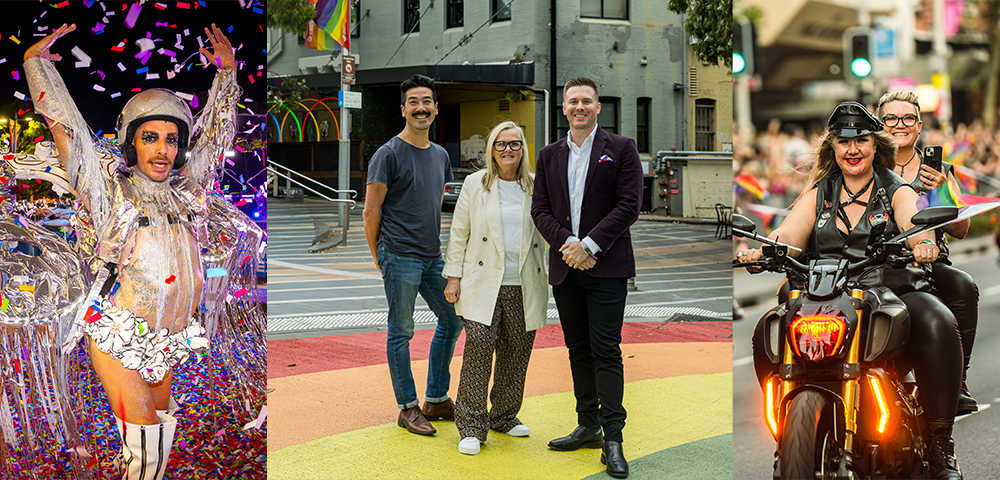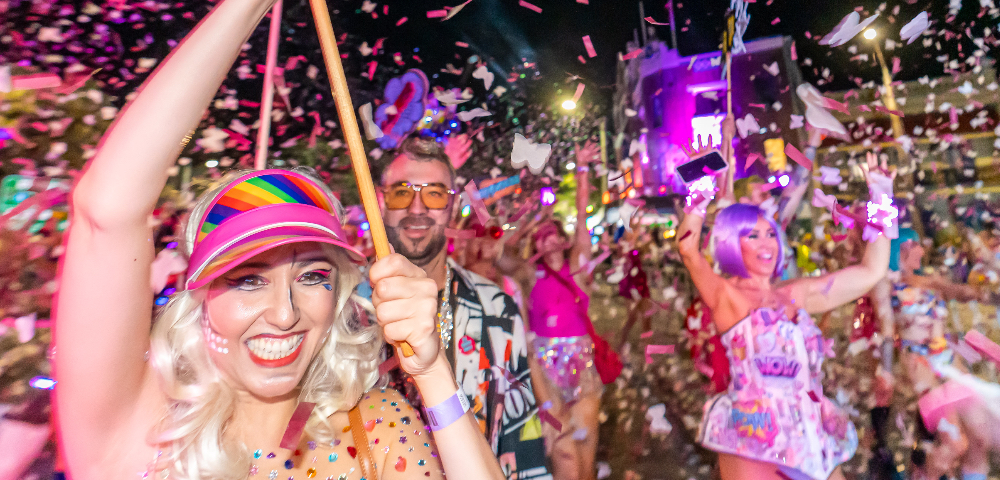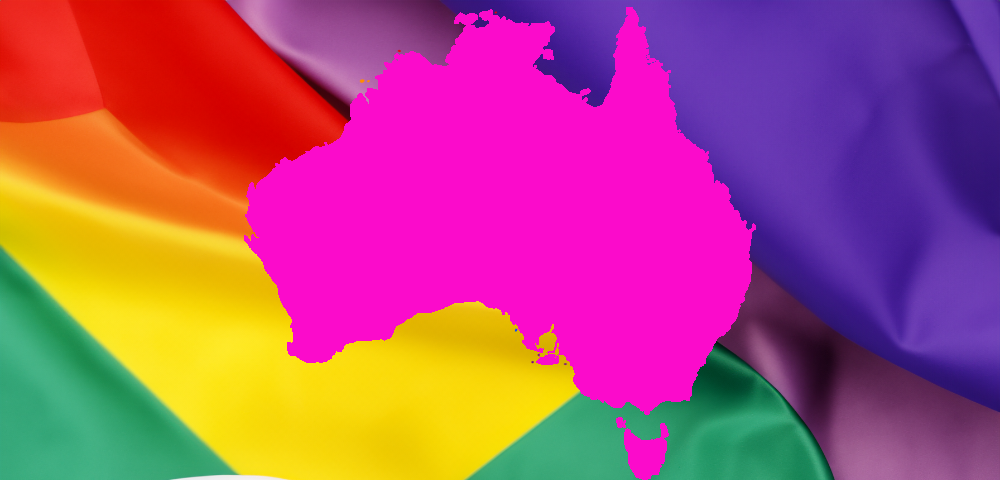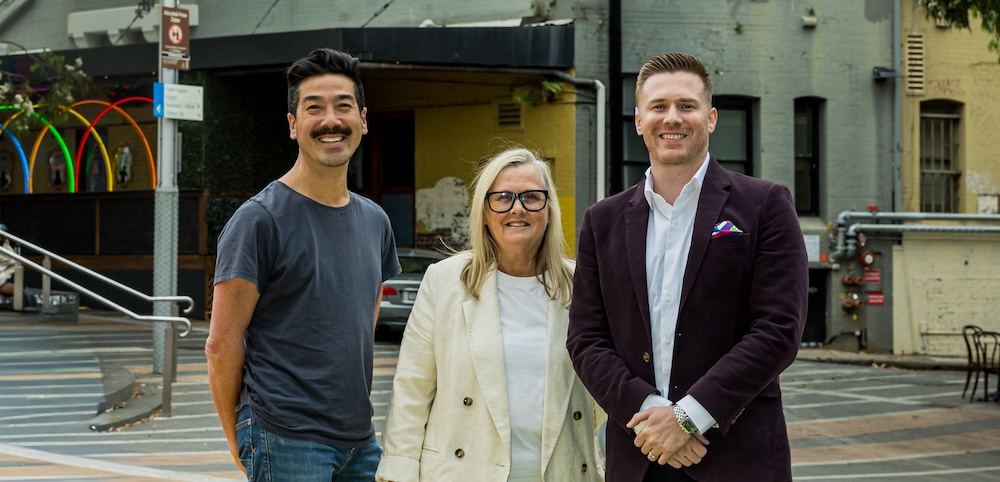
Gay space goes online
Technology has undergone big changes in the past 20-odd years. One of the most significant inventions has been the internet. It allows anyone, anywhere, to connect to a truly global information network and get in touch with people next door, across the city, or on the other side of the world.
It’s broken down boundaries: the physical (the exclusionary nature of some gay venues), social (friendship networks) and individual (closet doors).
Generally speaking, the internet is accessible, anonymous, affordable and available at any time. For gay men and lesbians, it’s possible to go online and meet others (including for sex), chat with friends or gather information on social events and health matters. Membership of gay dating websites has grown astronomically in recent years.
In your dating site profile, you can emphasise your good qualities, say as much or as little about yourself as you want, or even be someone else. You can display a photo and let a picture speak a thousand words.
These profiles are very much a democratised form of internet use, where the user is in control of how much they reveal about themselves, and what to say or show.
More generally, the net allows socially and geographically isolated gays to interact and form communities, and provides the (cyber)space to do so.
Meeting someone online is also easier and more convenient than in the bustle of a noisy, overcrowded bar where the drinks are overpriced and you can’t hear the person standing next to you. Whether for friendship, sex or whatever, the net has reduced the hassle and cost of meeting other gays in the gay precincts of cities.
Maybe this is all the better given recent reports of increased homophobic violence in the Oxford Street area, and the growing number of straight clubs along the Strip.
Of course, there will always be a tangible gay culture, such as Oxford St and King St, gay bars and clubs, and important publications like Sydney Star Observer. Older generations within gay communities will still rely more on gay precincts, and adopt the internet less, than their younger counterparts. Many gay people still enjoy a night out in the gay part of town every now and then.
Next time: How the internet is affecting gay places.
Brad Ruting is in the School of Geosciences at the University of Sydney.
Email: br@student.usyd.edu.au









